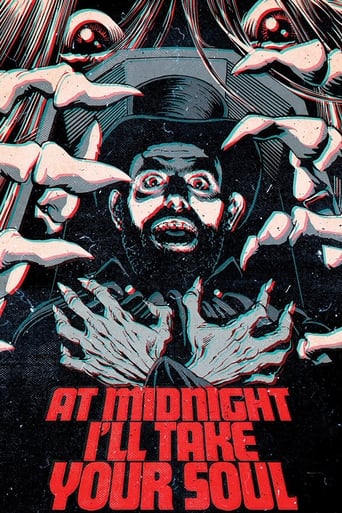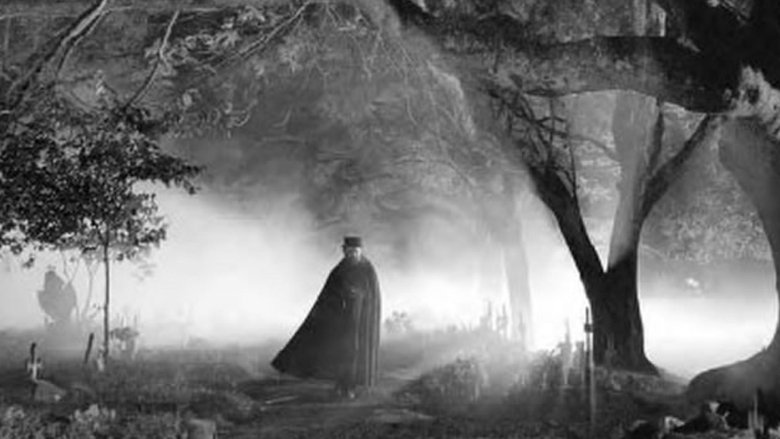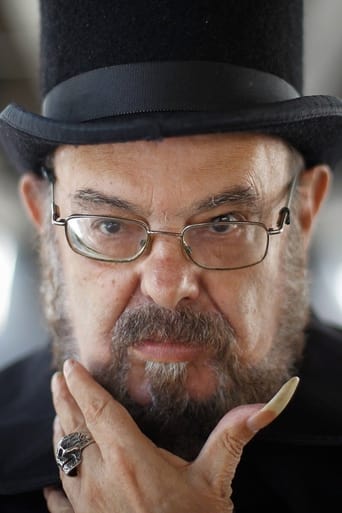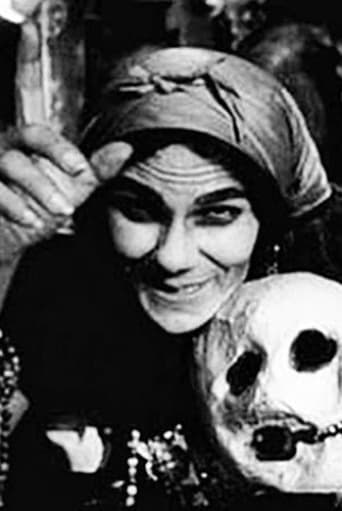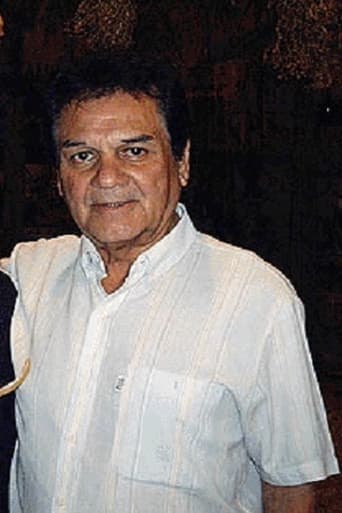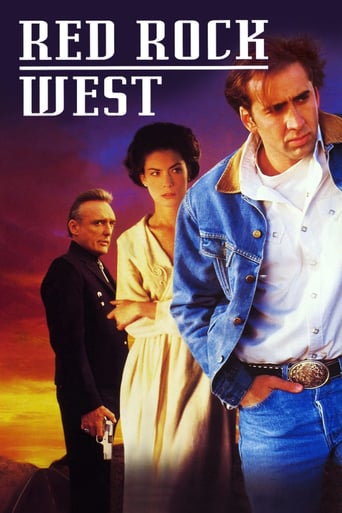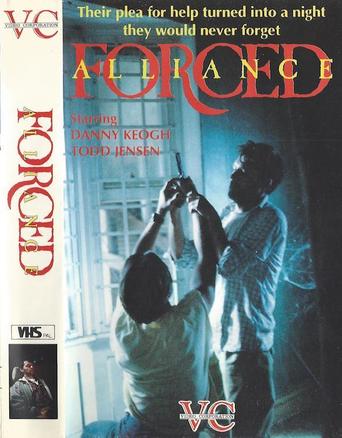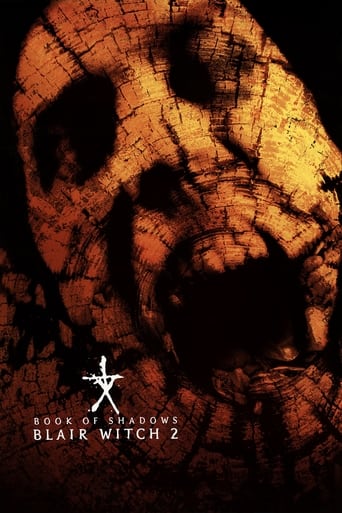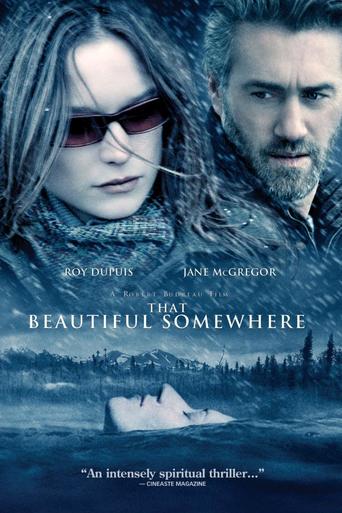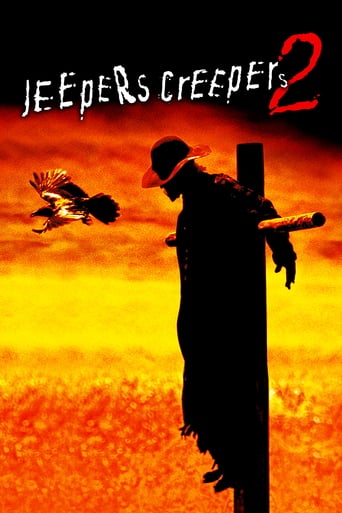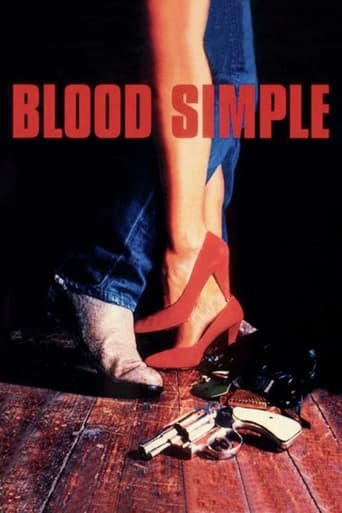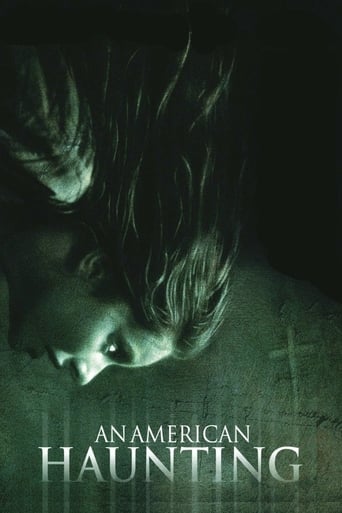At Midnight I'll Take Your Soul (1964)
Zé do Caixão is an undertaker in a small Brazilian town, searching for the perfect woman to bear him a superior child. Unable to conceive with his wife, he kills her and sets out to find someone else.
Watch Trailer
Cast
Similar titles
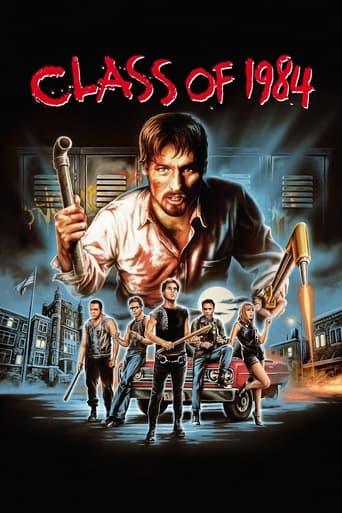
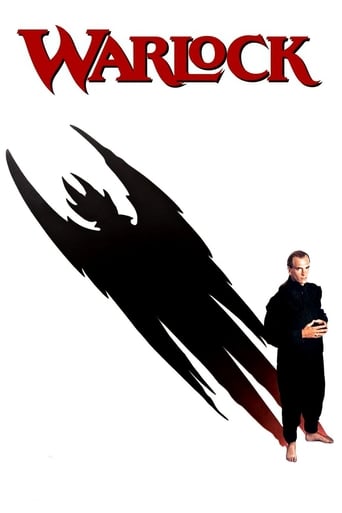
Reviews
I love this movie so much
The acting is good, and the firecracker script has some excellent ideas.
The film's masterful storytelling did its job. The message was clear. No need to overdo.
This is one of the best movies I’ve seen in a very long time. You have to go and see this on the big screen.
You might expect that a horror movie from the 50s or 60s won't age well if it comes from not just a low-budget but from Brazil, but this is directed and acted with a really unique take on what an undertaker... does, basically. It follows the travails of Coffin Joe, who finds women and, well, I shouldn't say too much about what happens except that it really involves his wife who he tries to eliminate, and then sets his eyes to make sure his seed gets into the gypsy fiancée of his good friend. A lot of the appeal comes down to how Marins is as an actor, but also how he makes his low budget work for him. I don't think a studio budget, even from Corman or other, would do for this; this is more along the lines of what Bunuel had to work with in Mexico in the 50's. But what's keen is just how creepy this character is, how devilish and evil and so much fun to watch. This isn't to say it all works, and it may be the kind of early-foreign Grindhouse fare that is hard to categorize, but like Bunuel it also has its knives out in regards to religion (though not in the ways you'd expect). At Midnight I'll Take Your Soul is grotesque, brutal, campy, illogical, arguably both pro AND anti-woman (but also just as arguably anti-religion, or anti-a-hole-atheists who laugh in the face of, um, witches), surreal, and fun when it's not too weird. also gotta hand it to the director/star for the Day of the Dead finale, which bumps up this rating a full star.
'Zé do Caixão' aka 'Coffin Joe' is THE essential character in Brazilian Horror cinema, which isn't very prolific otherwise. The character was single-handedly created and played by Brazilian Horror/Exploitation icon José Mojica Marins, who has, over forty-five years, so far played the role of his life in 14 films (most of which he directed and scripted) as well as a TV series. This first film about the deranged gravedigger in search of a woman to bear him a son, "À Meia-Noite Levarei Sua Alma" aka. "At Midnight I'll Take Your Soul" of 1964 isn't exactly a 'good' Horror film, but it is definitely a highly charming one, which deserves the certain cult-status it enjoys.The central character, Zé do Caixão (Coffin Joe) is the stereotype of a schlock-horror character (though he often behaves like an everyday bully): a bizarre-looking black-clad fellow with a full beard who sports a top hat, a cape and overlong thumb-nails. Zé (José Mojica Marins), the gravedigger of a small Brazilian town, is generally feared by his fellow citizens, whom he bullies and treats despotically. None of the superstitious and religious townspeople dare to fight back at Zé, who believes neither in God nor in superstition, and who has no scruples whatsoever. Zé has a lovely wife who loves him, but he despises her because she hasn't born him a son. The gravedigger therefore goes out on an unscrupulous search for a woman to bear him a son..."At Midnight I'll Take Your Soul" has many highly clichéd and stereotypical elements, and due to the low budget, it often looks very cheap. This only increases the camp-factor, however, and gives the film a very particular charm. It has to be said that a low budget isn't necessarily an excuse for a cheap look - after all, the sixties brought forth countless brilliant low-budget Gothic Horror films, including productions from countries like Mexico (with amazing films such as "Misterios de Ultratumba" of 1959 or "La Maldición de la Llorona" of 1962). The particular cheapness of "At Midnight I'll Take Your Soul" is a charming one, however, and though many elements have a cheesy look, it is obvious that writer/director/leading man José Mojica Marins made his first success with a huge love for the genre. Most of the actors are truly amateurish, and probably had no other screen-experience. The film is full of plastic skulls, fake spiders, fake cobwebs, and stereotypical characters (such as a gypsy fortune teller), and though these elements may look amateurish, they simply have to be loved. The film relies on these elements (as well as on the priceless character of Coffin Joe) in order to build up a creepy atmosphere - and, even though it is never suspenseful or even remotely scary, it succeeds in that. As stated above, this is not a good Horror film; in fact, it is highly nonsensical cheese; but it is also a highly charming and weird little film that cult-cinema fans should at least give a try. Personally, highly enjoyed it, and I am now looking forward to see more 'Coffin Joe' films. "At Midnight I'll Take Your Soul" certainly won't meet everybody's tastes, but it is definitely recommendable to my fellow fans of obscure low-budget Horror and Exploitation/Cult-Cinema in general.
If there's one thing that stands out in "À Meia-Noite Levarei Sua Alma", it's the quantity of "dark" in the film. There are more shadows than light in every scene, and the shadows are so black as to be living ink, and so palpable that they threaten to engulf everything in its path.That being said, Mojica was the perfect fit for the lead character, Coffin Joe. Unbelievably, no one wanted to play the this role; everyone thought the movie was so over the top as to be ridiculous, and turned it down. This turned out to be a blessing, as Mojica wound up playing Joe himself, ultimately turning this film into the classic that it has come to be. He delivers every line with such vindictive zeal I can only compare him to a Shakespearian "Hamlet of Doom". Every line rolls off his tongue with menacing resonance, each one bellowed ever more defiantly and louder than the last. Joe is one of my favorite anti-heroes, and I look forward to watching the other Coffin Joe films in Mojica's collection.-vl-
The late film critic Dwight Macdonald once commented on the somewhat patronizing attitude displayed by French critics towards American cinema: "They seem to regard our movies as interesting specimens of native handicraft, like birch bark canoes." Many Americans seem prone to this also, given some of the comments I've read having recently seen "At Mignight I'll Take Your Soul" and it's follow-up "This Night I Will Possess Your Corpse" (those two titles by the way are absolutely interchangeable). The writer/director/star Jose Mojica Marins gets a lot of credit for this having been "the first Brazilian horror movie" and for having next to no budget; some even feel he's a "visionary" of sorts. Psychotics have visions too but we don't generally pay to see those (although of course in the old days "respectable" people went on guided tours through asylums). I don't care if a given movie is the first of it's kind or the last or in the middle, nor do I care what it cost to make. We can only go by what's in front of us, or at least I only can.What I saw in front of me on my TV screen (thank my lucky stars I didn't pay to rent or---gasp---buy this) was the most god awful piece of crap I've seen since---I don't know---the last of the "Chucky" series, maybe. I'm not sure where to start; maybe the outlandish premise: Mr Mojica Marins plays an undertaker in some remote village who looks like a fourth-rate vaudeville magician; when he "shocked" villagers by proclaiming he would eat meat on some day that apparently is supposed to be meatless, I half expected him to take off his black top hat, pull out a rabbit and start chomping on it--in fact that would have been more amusing than anything that did occur. This "Ze" wields godlike power in this particular village; it's never clear exactly why this is. One of the movie's many laughably chintzy special effects involves Ze's eyes turning bloodshot whenever he gets annoyed; maybe that puts everybody into a trance a la Svengali or something. Thus people stand around like zombies as Ze goes about whipping people in the face or hacking off fingers with a broken bottle or anything else he feels like doing. He also commits murder with impunity; these scenes begin somewhat promisingly but then peter out. There's an odd tameness to all the proceedings; nothing very scary or exciting or erotic ever happens. Ze spends lots of time deriding religion and daring God to strike him dead and is obsessed with having a son due to "the immortality of blood" or some such. This groping towards some kind of existentialist philosophizing would be more impressive if Ze had any interests other than sneering at people and generally being a jerk. He's a garden-variety bully and only would have merited a few minutes of screen time in a Stephen King flick. In one brief scene Ze admonishes a father to treat his son better but otherwise does nothing to demonstrate he's anything but scum himself.There are only two styles of acting on display, catatonic and maniacal (Mr. Mojica Marins mostly employs the latter). The only semi-enjoyable character is a deranged gypsy fortune teller who addresses the camera warning the audience not to watch what follows (that's one astute gypsy) and who occasionally pops up to warn Ze of his impending doom. The special effects make, let's say, "Tormented" look like Steven Spielberg. Towards the end a ghost character has some kind of aura that looks like it was drawn on the film itself a la Kenneth Anger; Mojica Marins also resorts to reverse black-and-white for other ghosts. It would've been about as effective if he'd merely had actors dress up in sheets. The sequel was more of the same except for straining credulity even further, if possible. "Corpse" did differ from "Soul" in featuring a color sequence in the middle of Ze dreaming about being in hell. This sequence should be required viewing in every Sunday school in the Christian world; it it's not enough to turn any normal kid into a questioner of dogmatism, then nothing is, or to paraphrase what H. G. Wells wrote about Fritz Lang's "Metropolis": "Either the sequence is hopelessly silly or the afterlife is hopelessly silly, one thing or the other..." Sure, it's fun sometimes when one comes across an "obscure gem" of some kind, although usually that obscurity turns out to be justified. Apparently Mojica Marins has done lots of other work in the following forty years, none of which I am inclined to ferret out. I understand he's a kind of cult figure in Brazil; well that's Brazil then, isn't it. If you see it on some cable movie channel, please follow the fortune teller's advice and don't waste your time. You'd be better off following the Brazilian soap "La Esclava Isaura" (as it's called in Spanish) on Telemundo; there's more unsettling human drama in five minutes of that than in Mr. Mojica Marins' entire opus, or opi?
